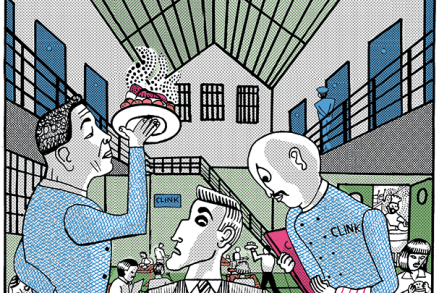Goodbye and good riddance to ‘non-crime’
The congratulatory messages started pouring in shortly after 5.30 p.m. on Monday. The Metropolitan Police had just issued a press release saying that the force would no longer investigate ‘non-crime hate incidents’ (NCHIs) and people were chalking this up as a victory for the Free Speech Union, the organisation I run. That may seem a bit of a stretch, but the Met linked the decision to its failed pursuit of Graham Linehan, the comedy writer it arrested at Heathrow airport in September over three tweets taking the piss out of trans-rights activists. It was thanks in part to the FSU, which pulled together Graham’s legal team, that the Met decided




















